|
Expeditions: Researchers from SISBIOTA research net just come back from a two months expedition
at Trindade Island
Between August 10th and October 20th/2017, took place the PELD ILOC expedition to the most isolated Brazilian
oceanic island. Located at the end of a seamount chain (Vitória –Trindade; SE Brazil) the Trindade and Martin-vaz
complex (20°30’50.07”S, 29°19’41.65”O) are an unique ecosystem to perform studies on reef fish and benthic
community. This year, MSc Lucas Nunes, Ba Luisa Fagundes and Ba Jéssica Link formed the team responsible for
the annual sampling in this island.
During the stay on the island, the researchers performed underwater visual censuses to assess reef fish
assemblages, photoquadrats of the benthic community and coral colonies, collection of sediment and ascidians for
analysis of associated microbiota, monitoring of the Grapsus grapsus population and collection of algae for
bioprospection and secondary metabolites analyses.
Besides these primary goals, the researchers investigated the distribution of sea urchin assemblages and how this
distribution is related to environmental variables, such as depth, substrate complexity, and potential sea urchin’s
predators (Luisa´s master thesis). Researchers also collected different fishes and invertebrates to characterize the
island’s marine trophic chain through diet and isotopic analyses (Lucas´ PhD thesis).
Joining the International Coastal Cleanup day (September 16th), the team promoted a cleanup event in the Cabrita
beach, which involved eight volunteers (three researchers and five mariners). During this event were collected 30Kg
of debris – 308 items brought by oceanic currents – being the majority of the items made of plastic. All the debris
was subsequently destined to the continent for recycling.
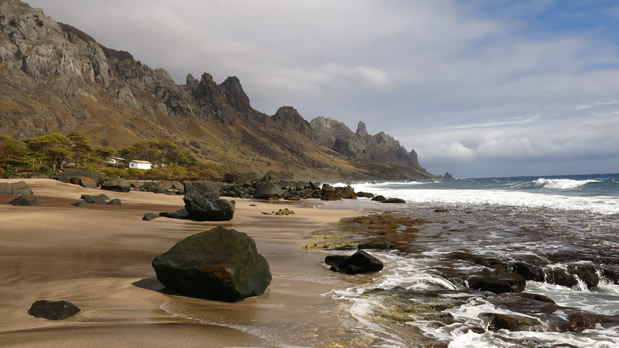
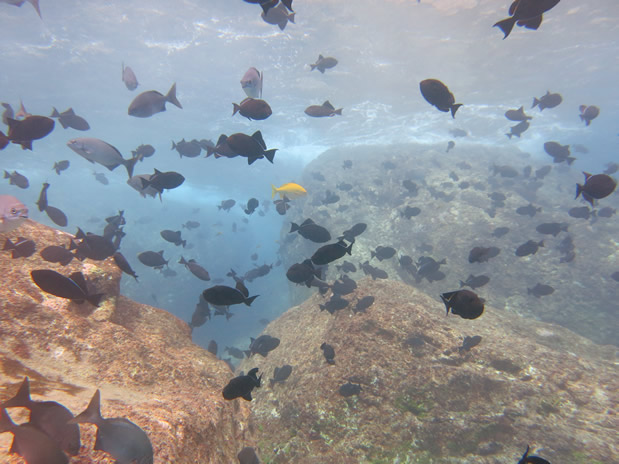
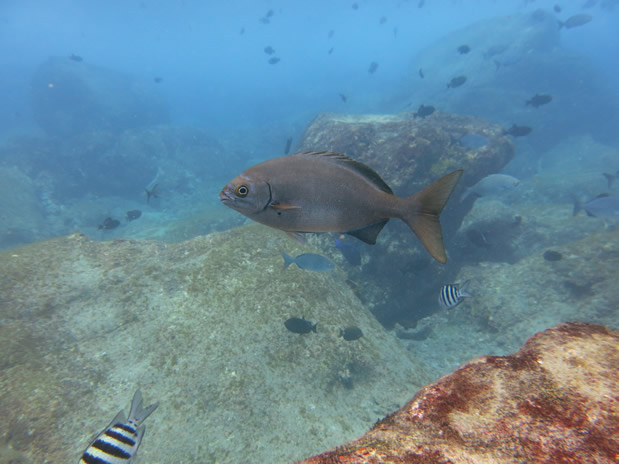
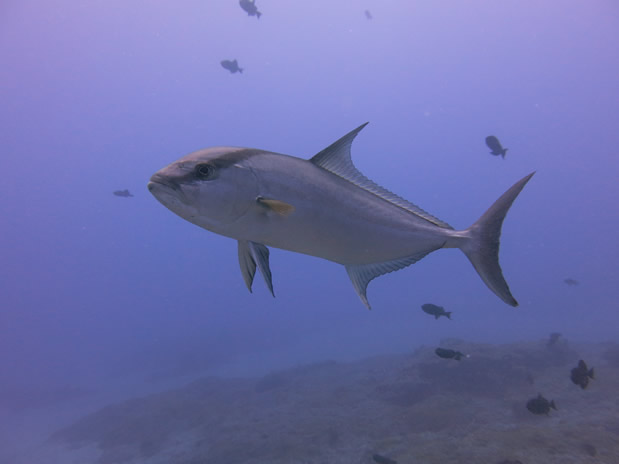
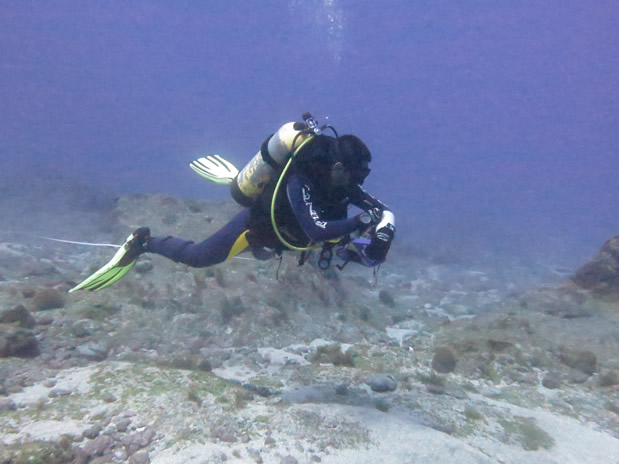
|









